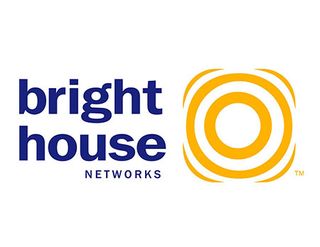Dish Takes Aim at Bright House Deal Benefits

WASHINGTON — Satellite-TV provider Dish Network — which is no fan of the proposed merger of Charter Communications, Time Warner Cable and Bright House Networks — took aim at the Bright House portion of the deal in an Federal Communications Commission filing, using information gleaned from highly confidential deal material the regulator made available to third parties.
Dish said in the filing that the benefits from the merger across all three MSOs are "either illusory" or not specific to the transaction. The Bright House connection is the most tenuous between the deal and its purported benefits, Dish, the No. 2 U.S. satellite-TV provider and operator of the Sling TV over-the-top subscription service, said.
Stephanie Roy, counsel for Dish, said in a Nov. 30 letter to the FCC that Bright House, through its existing partnership with Time Warner Cable, is already in a position to complete its deployment of next-generation services.
"Far from making those deployments possible, or even accelerating their deployment," said Dish, "it seems the proposed merger may have had the reverse effect," according to a redacted version of the document obtained by Multichannel News. Dish claims that Bright House has admitted something internally to that effect, but that portion is redacted.
Dish also challenged the claim that Bright House's plan to convert to all-digital months within 30 days is a deal benefit. It argued that the 30-month window appears to be slower than the plans Bright House already had, though those plans are also redacted.
Charter has also said the deal would mean broadband speed upgrades to 60 Megabits per second for TWC and Bright House high-speed Internet subscribers. But Dish said Bright House is already positioned to boost Internet speeds whether or not there is a merger, citing investments — also redacted — and similar existing plans to expand its Wi-Fi hotpots.
"Put simply, it is unclear what Charter's management of BHN will do to improve upon BHN's existing and ongoing network deployment plans," Dish said.
Multichannel Newsletter
The smarter way to stay on top of the multichannel video marketplace. Sign up below.
Charter had no comment on the specifics of the letter, though given that many of those were redacted it upped the difficulty factor in responding directly to them.
“New Charter’s many commitments, including to provide faster broadband service without data caps or modem fees, establish industry leading interconnection policies, offer advanced video services, increase competition in the SMB and enterprise business markets, and return thousands of overseas jobs to the U.S., puts this transaction squarely in the public interest," the company said of the deal commitments in general.
Contributing editor John Eggerton has been an editor and/or writer on media regulation, legislation and policy for over four decades, including covering the FCC, FTC, Congress, the major media trade associations, and the federal courts. In addition to Multichannel News and Broadcasting + Cable, his work has appeared in Radio World, TV Technology, TV Fax, This Week in Consumer Electronics, Variety and the Encyclopedia Britannica.

